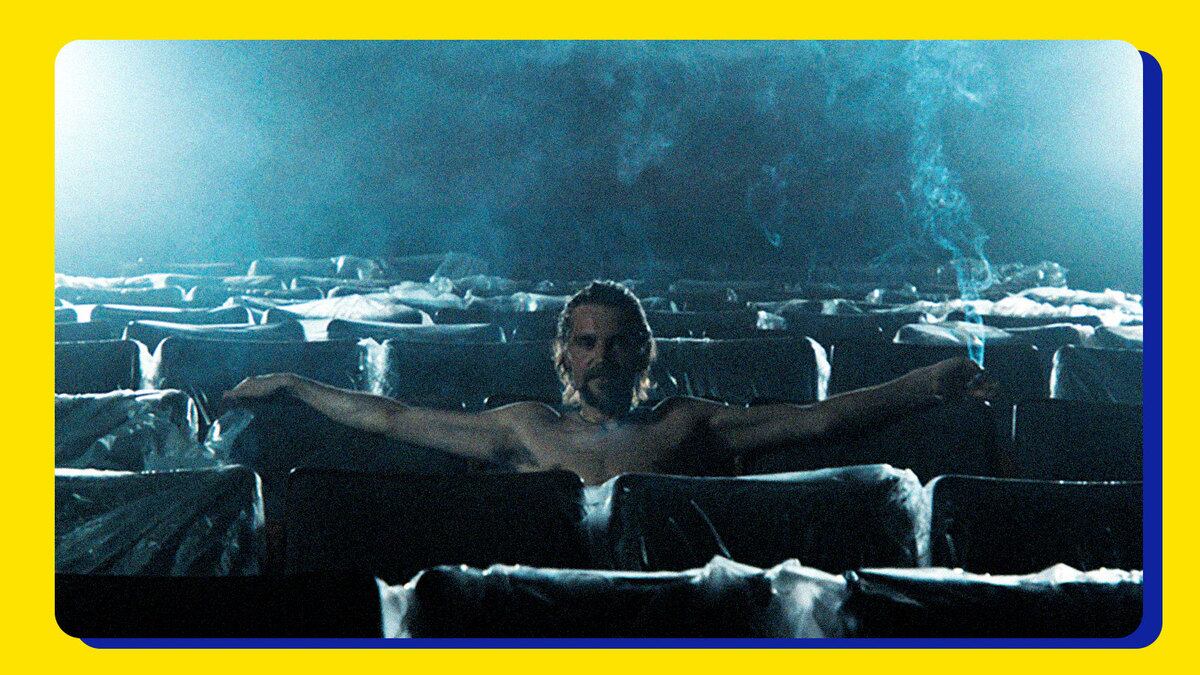‘A Desert’: The Wild Horror Film That’s Shocking the Tribeca Film Festival
MUST-SEE
The directorial debut from Joshua Erkman burrows underneath your skin like a virus (or a curse). The chilling feature is the one to watch at this year’s festival.

Trending Now





